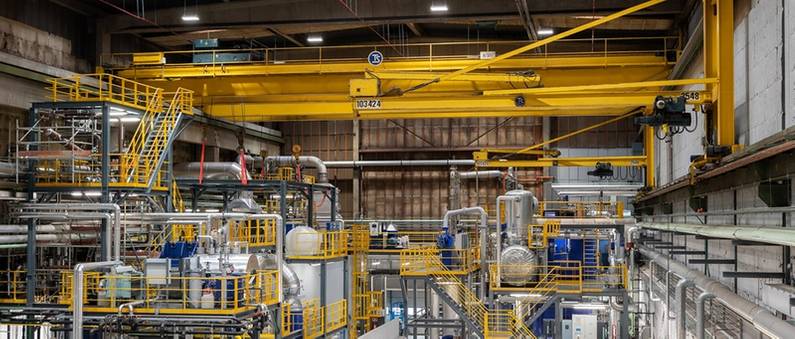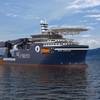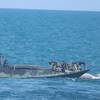Maritime Power: Methanol Fuel Cell System Takes Shape at Alfa Laval
A fuel cell system based on high-temperature proton exchange membrane (HTPEM) technology from Blue World Technologies is being constructed for testing at the Alfa Laval Test & Training Center in Aalborg, Denmark. The test installation, which will use methanol as fuel, will explore the technology’s potential as a source of marine auxiliary power. Funded by Danish EUDP (Energy Technology Development and Demonstration Program), the project is a joint effort between fuel cell maker Blue World Technologies, Alfa Laval and vessel owners DFDS, Maersk Drilling and Hafnia.
The aim of the project is to establish an efficient and cost-effective HTPEM fuel cell solution, giving marine vessels an alternative to combustion-based auxiliary power within the near future. The fuel cell test setup will have a power of 200 kW, but the fully developed and modular design should be possible to scale up incrementally to a level of 5 MW.
During a year of planned testing at the Alfa Laval Test & Training Center, the fuel cell system’s durability and lifetime will be in focus. HTPEM fuel cells have a higher tolerance for thermal cycling than other fuel cell types, which makes them well suited to the variable power production needed from a genset. Nonetheless, the technology will need a lifespan comparable to that of combustion technologies in order to be feasible on board, which will mean addressing various sources of performance degradation.
Three vessel owners will contribute insights regarding the operational and commercial implementation of the HTPEM fuel cell system.
- DFDS is actively moving away from fossil fuels and brings experience from other fuel cell projects.
- Maersk Drilling has a strong focus on energy efficiency and brings experience of using auxiliary power for special applications.
- Hafnia has a strategy of transitioning to viable future marine fuels and believes strongly in methanol. Hafnia brings deep knowledge of methanol bunkering and operations.
 Alfa Laval Test and Training Center. Photo courtesy Alfa Laval
Alfa Laval Test and Training Center. Photo courtesy Alfa Laval













